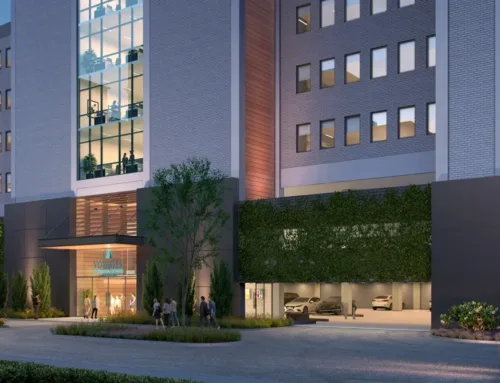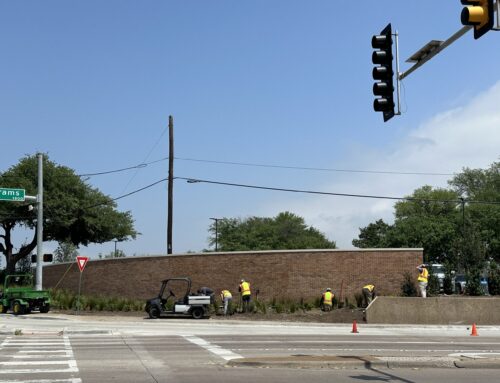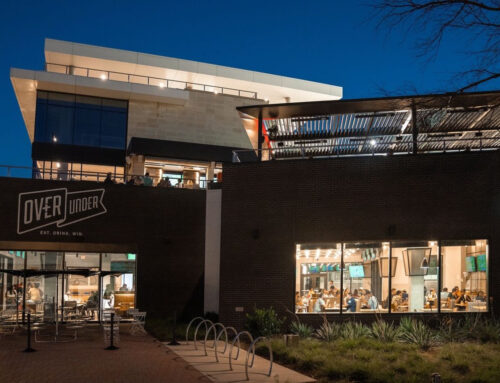What in the world is a world-class city?
“Dallas, a metropolitan area of 3.9 million people, has earnestly sought recognition as a world-class city.”
New York Times, 1994
DART is a “world-class addition to a world-class city.”
Mayor Ron Kirk, 1996
“… I think Dallas needs to be a world-class city. I don’t think it is now, but I think we can get there. We have everything in place to do it.”
Mayoral candidate Laura Miller, 2002
“Dallas is a world-class city that is positioning itself to be at the very top level.”
Mayoral candidate Tom Leppert, 2008
“We’re going to continue to tell our story about how we’re going to grow this city, keep taxes down and make Dallas a world-class city in the 21st century.”
Mayoral candidate Mike Rawlings, 2012
The above timeline is funny, if in a sad, “what did we do to deserve it” sort of way. It’s like the guy at the bar who keeps hitting on women despite striking out again and again, figuring that if he keeps at it, he’ll eventually get lucky — while everyone at the bar feels really sorry for him.
That it’s our tax dollars that those mayors and their allies among the City Hall and downtown business elites have used to pursue that particular hot babe at end of the bar makes it even more depressing. One would think, after almost two decades, that they’d get tired of striking out. But no, they’re back the next night and the next, buying drinks and boasting about what they have to offer (signature bridges! deck parks!) even though the woman keeps glancing at her watch and looking anxiously for her friend, who stepped away to use the restroom.
This is not to say that Dallas should not try to be better than it is. Even those of us who were criticized in Leppert’s famous white flag speech (“But if we’re not willing to invest in the city, then in essence, we’re throwing up the white flag. The greatest risk is that we don’t move forward, that we don’t invest, that we accept mediocrity.”) have no desire to surrender. Who wants mediocrity?
We just understand the foolishness inherent in the pursuit of world classness, if only because no one knows exactly what it is. Paris was a world-class city in the 13th century; how are we supposed to match that with a convention center hotel?
A great city doesn’t become one by trying (and failing) the way we have — you can’t force it with speeches or marketing slogans. No one in London in the 17th century said, “By God, we’re going to be a world-class city. Let’s get Christopher Wren to build St. Paul’s.” No one in Chicago in the early 20th century said, “We need to be a world-class city. Let’s get Carl Sandburg to call us the hog butcher of the world.”
We’ll never be a great city until we understand this. Great cities are open to new residents and new ideas in a way we’ve never understood — or appreciated — in Dallas. We’re more than happy to have people move to town, but we’d prefer that they be pretty much like everyone who is already here. That’s why we don’t have a Greenwich Village or a French Quarter; it’s less trouble if all those weirdos live somewhere else. And it’s why the city leaders have always shown such a strong antipathy towards the city’s most interesting neighborhoods, like ours and Oak Cliff. If they don’t want to live there, they can’t imagine why anyone else would.
What we need to do is to be the best Dallas we can be, and we’ll only figure out what that is when we learn to appreciate other points of view, to encourage diversity, and to welcome eccentricity as the seasoning in our melting pot. And then, finally, we won’t have to listen to anyone else ramble on about world class.





